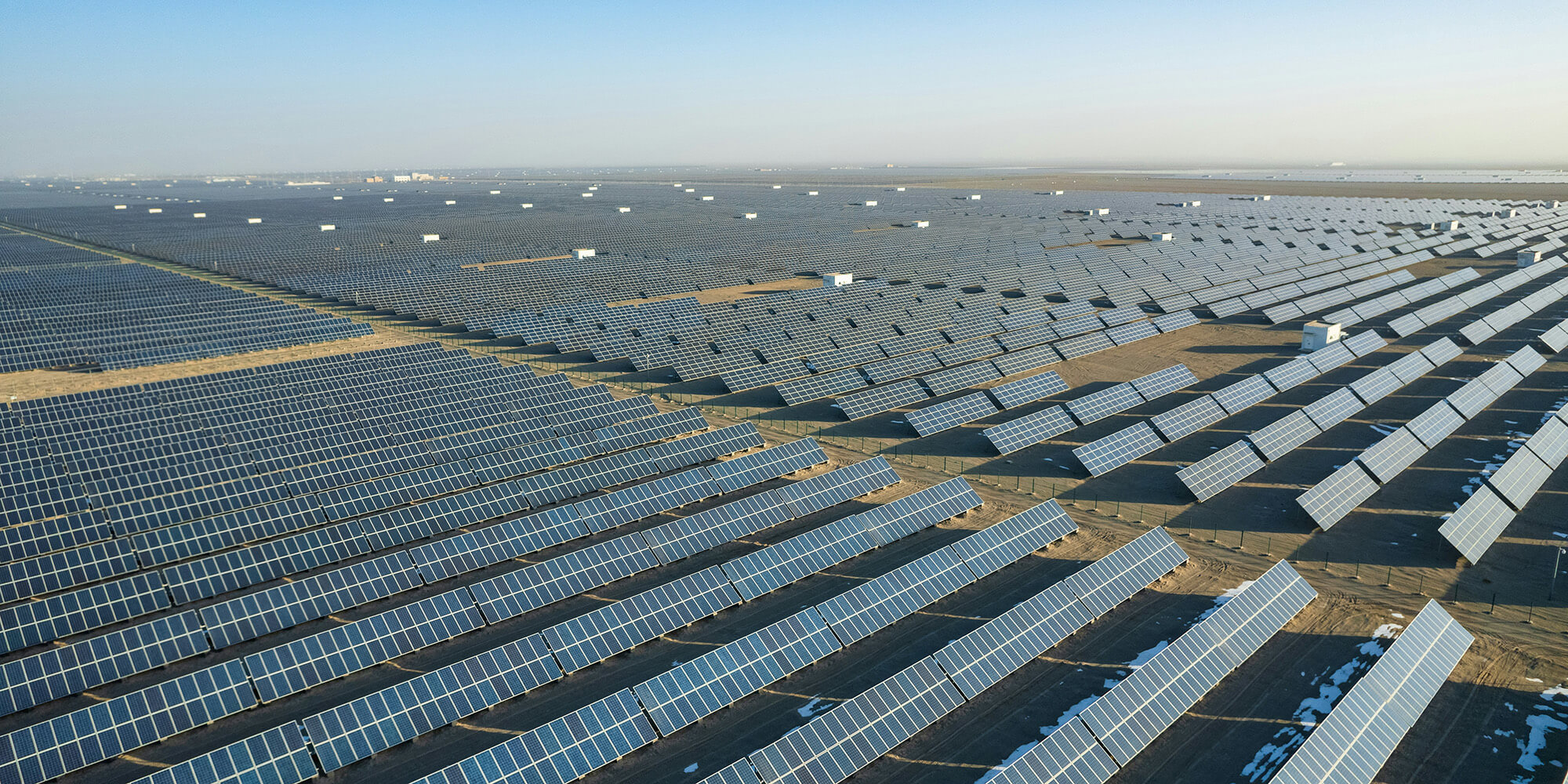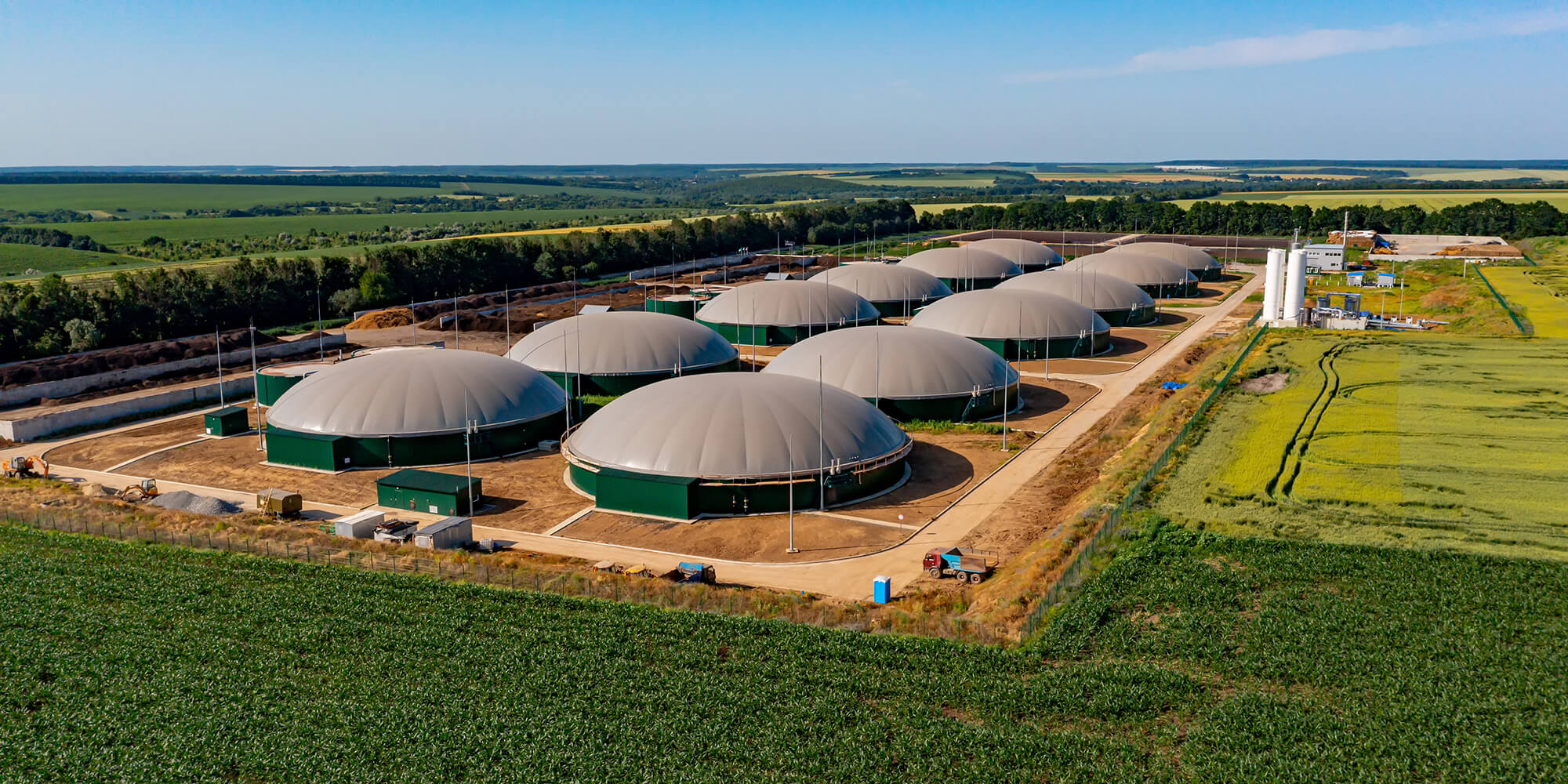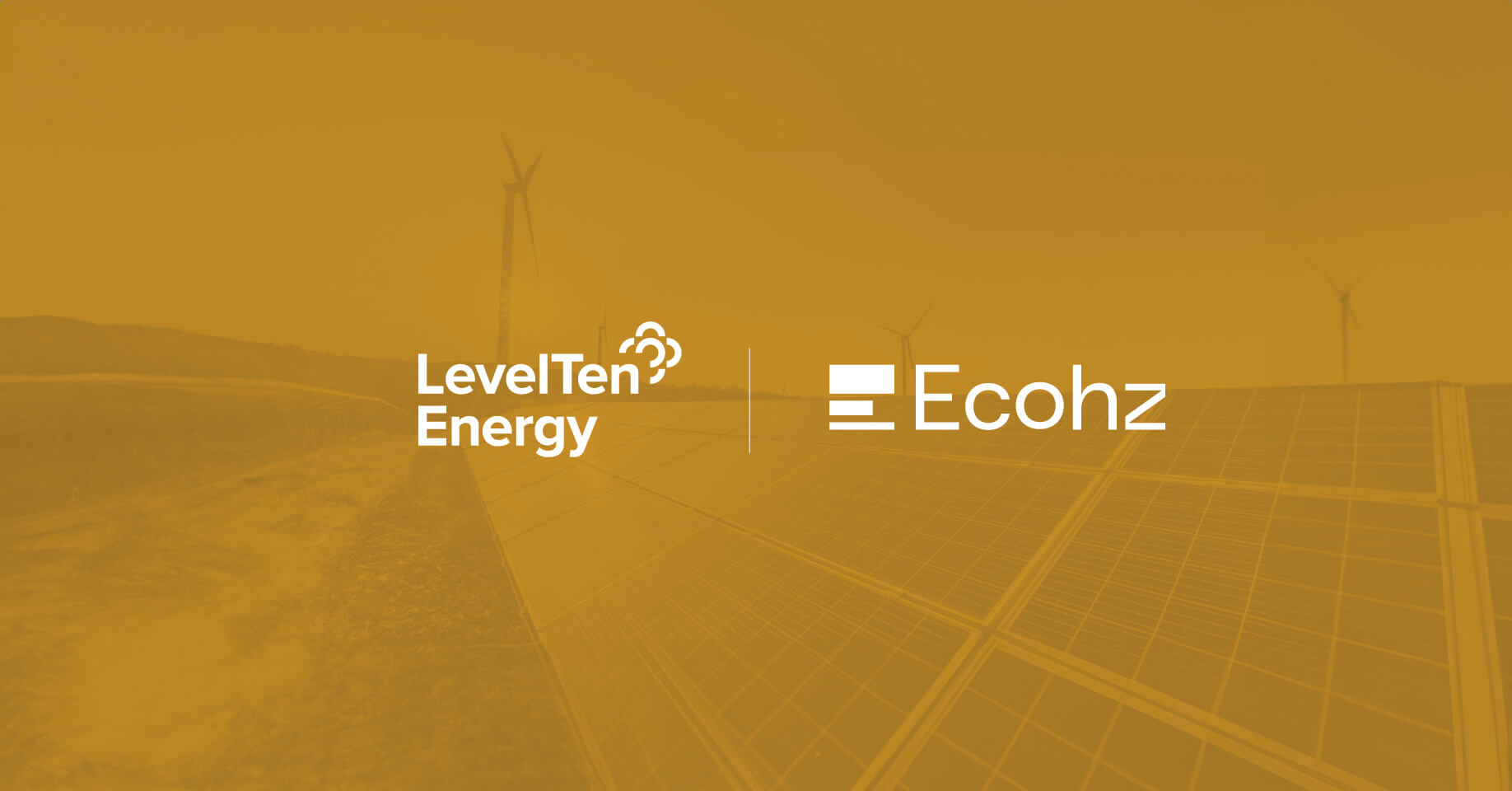On September 16th, 2024, the renewable energy industry gathered in Denver for the annual Renewable Energy Markets (REM) conference. Clean energy buyers, producers, non-profits, standard setters, service providers and more organisations discussed the present and future of clean energy procurement.
We have gathered here key learnings from the event. The renewable energy landscape is evolving, with key considerations for companies at different stages of their sustainability journey. From the need for diverse strategies to the challenges of defining and measuring impact, it is clear that collaboration and education will be essential for accelerating access to renewables and achieving global net zero goals
Understanding diverse procurement strategies
Renewable energy procurement strategies are far from one-size-fits-all. Sector, location, goals, knowledge — multiple factors influence a company’s choice of renewable energy solution. Notably, there is a divide between large corporations and smaller or mid-sized companies. While larger corporations often take the stage and recognition for their climate actions, smaller businesses may struggle to understand how the procurement strategies of large corporations apply to them — or whether they should apply at all.
Whether a company’s procurement strategy is based on cost, location, or impact, or involves Renewable Energy Certificates (RECs) versus Power Purchase Agreements (PPAs), each organization must tailor its approach. It’s important to recognize that no single procurement strategy will work for all. Emphasizing that different strategies should cater to companies of different sizes and goals ensures that no one is left behind in the journey toward renewables.
The importance of education
Many corporations are still in the early stages of developing a net zero strategy. Many attendees, particularly from smaller businesses, are either new to the discussion or are still trying to figure out where to begin their sustainability efforts. The rapidly changing landscape of the renewable energy market presents a steep learning curve for newcomers, who are often unsure of where to start. This underscores the need for educational support to help guide these companies through the complex and evolving renewable energy space.
Impact in renewable energy procurement: what does it mean?
When it comes to renewable energy procurement, “impact” can mean different things to different customers. And opinions vary widely. Some organizations view impact through the lens of local procurement, prioritizing investments that benefit the communities where they operate. Others see impact as having the greatest influence by sourcing energy from regions with a "dirtier" grid, aiming to drive renewable energy production where, they argue, it is most needed.
Definitions also vary by scope: while many focus on environmental benefits, others emphasize social gains. Meanwhile, discussions around additionality — the idea of creating new renewable capacity — highlight how difficult it is to measure impact and reconcile the varied interpretations of it.
Is it possible, then, to develop a single metric for impact? Is it desireble to have one, or should we encourage differen interpretations that resonate with each company’s reasons for transitioning to renewables? Corporate buyers of renewable energy have have a host of options available for creating different kinds of impact. What they favor will nudge the market to cater to increasingly sophisticated consumers.
Long-term agreements and pricing concerns
Long-term Renewable Energy Certificate (REC) strips or and Power Purchase Agreements (PPAs) remain high on the agenda. With the 2030 sustainability targets approaching, there appears to be growing uncertainty about pricing, prompting companies to consider locking in long-term agreements to hedge against future price increases. These agreements are becoming a critical part of the conversation as organizations strive to meet their sustainability commitments while managing financial risks.
Accelerating access to renewable
The renewable energy sector is brimming with untapped potential, with a large number of participants still waiting to join the movement toward net zero. A significant portion of the conversation within the industry focuses on ensuring that voluntary buyers, who play a crucial role in the energy market, are actively included in discussions surrounding policy design and market structure. Their participation is essential for driving the industry forward and realizing the full potential of renewable energy adoption.



.png?width=3840&height=2560&name=Sun(1).png)

.png)





